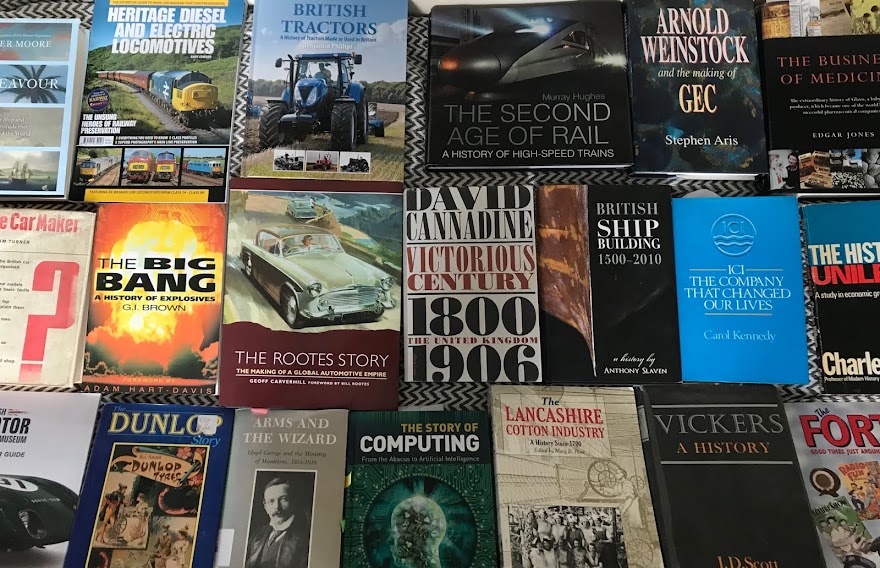The stories emerging from the cost of living crisis make the case for a universal basic income overwhelming.
A starting point is that, as a wealthy country, there is enough to go round.
If we go back from there to how income has been distributed historically through the operation of the market we come to a wonder of how it ever worked at all. And of course it didn’t
Subsistence farming and labouring gave way to industry which paid the minimum needed to attract workers from the fields. It is of course more complicated
Since the 2008 crash, the public sector has born the brunt and wages have been squeezed. Will Hutton suggests that 'the strikes are a baleful legacy of a 12-year obsession with tax cuts and a small state'. You can read more in the Observer of 18 December 2022.If we take nurses, historically they were women living as single people in the nurses home. Pay was set to be enough to attract women to follow their vocation. The vocation is still present but individual situations have changed.
Now nurses may be single parents responsible for a family. Historically they may have been married women bringing a second income to a family. Now they may be the main breadwinner, female and male. If they are single and live in rented accommodation, rents have been driven up by the market.
It is not the job that defines the income need; it is the particular situation of the individual or family unit. It makes no sense to build an employment model in the NHS based on the needs of single parents; equally it is ludicrous to assume that the income merely adds to the family cake. All this is quite separate from any discussion on the comparative worth of different jobs.
As I argued before, the Manufacturing sector provided jobs with pay sufficient for family needs. Most manufacturing jobs has been replaced by lower paid service sector jobs, often not full time.
Basic pensions and benefits just about provided enough. The energy crisis has driven a coach and horses through that, but, all being well on a temporary basis. Help toward energy by definition leaves space for other help. If that help is not forthcoming, the heating has to be turned off.
It should not be down to help.


